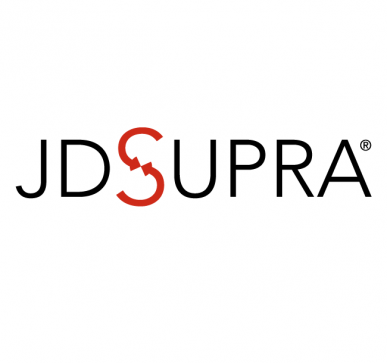Given the information publicly revealed by “Panama Papers”, and recent IRS reminders to out-of-compliance US Taxpayers to come into full compliance with their federal tax obligations, it is critical that Bankers and Financial Institutions educate their clients regarding banking industry Customer Due Diligence (CDD) guidelines.
FATCA reporting exchanges took place in 2015 and 2016. When during a FATCA exchange of information, the existence of undisclosed reportable FATCA accounts is reported to IRS, US banks may find themselves with clients who have not informed them of previously undisclosed reportable offshore account(s).
Non-reporting and non-disclosure of reportable offshore accounts by a US Taxpayer bank client can lead to an IRS Levy against the client’s US accounts for payment of related penalties and interest surpassing the value of the reportable offshore account(s). Meaning, that IRS may levy the client’s US Accounts to satisfy assessed tax and penalty amounts.
IRS encourages willfully out-of-compliance taxpayers to come forward voluntarily and participate in the IRS Offshore Voluntary Disclosure Program (OVDP). The purpose of the OVDP is to bring taxpayers with WILLFULLY undisclosed foreign accounts and assets (including those held through
undisclosed foreign entities), into compliance with United States income tax and related laws.
IRS also has Streamlined Filing Compliance Procedures programs along with two additional programs available to assist Taxpayers with non-willful out-of- compliance income tax and reporting failures.
Taxpayers holding WILLFULLY undisclosed foreign financial accounts and assets (including those held through undisclosed foreign entities) should enter OVDP. It enables them to become compliant, and avoid other substantial civil penalties. It also generally eliminates the risk of criminal
prosecution for all related tax noncompliance issues and the failure to file FBARs.
Willfully non-compliant Taxpayers who do not enter into OVDP run an increasing risk of IRS detection and the imposition of substantial other sanctions, including the 75% civil fraud penalty, foreign information return penalties, criminal prosecution, and a prison sentence.
IRS is the latest in a line of financial institution regulators. While bankers cannot provide tax advice to their customers, they ought to remind their clients that IRS remains actively engaged in identifying those with undisclosed reportable foreign financial accounts and assets. This information is
increasingly available to the IRS through tax treaties, through submissions by whistleblowers, and through FATCA reporting.
Don’t be a victim of your own making. If you are a US Taxpayer (US citizen, Green Card Holder or Tax Resident) with reportable offshore income and Foreign Financial Accounts, PUT your AFFAIRS in ORDER, regardless of where you live. Speak to an International Tax Specialist regarding
CROSS BORDER US Tax Compliance and reporting issues.
http://www.jdsupra.com/legalnews/bankers-do-your-us-clients-tell-you-56912/





